Speakers
Aleksandr Ovsianikov
Professor of 3D Printing and Biofabrication
TU Wien
Prof. Aleksandr Ovsianikov is head of the research group 3D Printing and Biofabrication at the TU Wien. He is a member of the Austrian Cluster for Tissue Regeneration, Tissue Engineering and Regenerative Medicine International Society (TERMIS), European Society of Biomaterials (ESB) and International Society for Biofabrication (ISBF).
Prof. Ovsianikov has background in laser physics and material processing with femtosecond lasers. His research is dealing with the use of additive manufacturing technologies and bioprinting for tissue engineering and regeneration. A particular focus of his current research is the development of multiphoton lithography technologies for engineering of biomimetic 3D cell culture matrices, realization of novel tissue engineering scaffolds and microfluidic applications. Prof. Ovsianikov was awarded a prestigious Starting Grant in 2012 and a Consolidator Grant in 2017 from the European Research Council (ERC) for projects aimed at these topics.
Since 2004, Prof. Ovsianikov delivered multiple invited and keynote lectures, and has contributed to over 100 publications. Together with Prof. Mironov and Prof. Yoo he is an editor of a living book project “3D Printing and Biofabrication” published by Springer in cooperation with TERMIS. Prof. Ovsianikov is also a co-founder and Chief Scientific Officer (CSO) a TU Wien spin-off UpNano GbmH, aimed a commercialization of high-resolution 3D printing and Bioprinting, which received multiple awards, including the Austrian Startup of the year 2019.
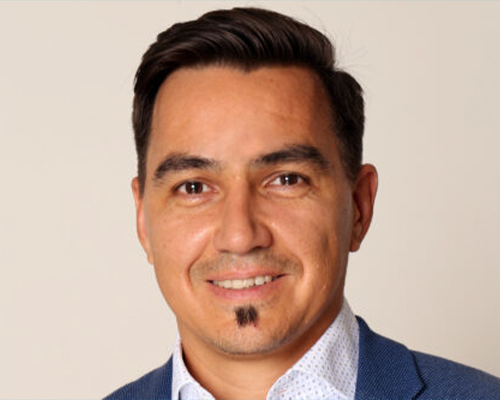
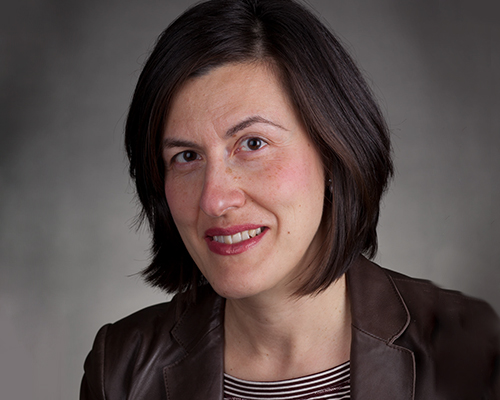
Aránzazu del Campo
Professor of Materials Synthesis and Materials Development
Universität des Saarlandes
Aránzazu del Campo is Scientific Director at the INM - Leibniz Institute for New Materials. Her research group focuses on instructive biomaterials for cell encapsulation, with a current focus on living therapeutic devices. She studied chemistry at the Universidad Complutense in Madrid and obtained her Doctorate at the Instituto de CyT de Polímeros in Madrid in 2000. After working as a postdoc at the Max Planck Institute for Polymer Research in Mainz and at the University of Urbino (Italy), she founded her research group at the MPI for Metals Research in Stuttgart in 2004. From 2009 to 2015, she was head of the Minerva Research Group Dynamic Biointerfaces at the MPI for Polymer Research in Mainz.
Carlijn Bouten
Professor of professor of Cell-Matrix Interactions in Cardiovascular Regeneration
TU/e - Eindhoven University of Technology
Bouten is a professor of Cell-Matrix Interaction in Cardiovascular Regeneration. Her research covers the complete pipeline from basic ideas to clinical application. At the fundamental level, her team concentrates on the mechanobiological reciprocity between cells and (synthetic) extracellular matrices and understanding their role in regulating the growth, organization, regeneration, and degeneration of the cardiovascular system. The obtained knowledge is used to (re)generate tissues using the concepts of in situ tissue engineering. Since 2017, Bouten has spearheaded the national gravitation program ‘Materials-Driven Regeneration’, and in 2022, she received an ERC advanced grant for the RE-ALIGN program on restoring cardiac structural organization in situ. Bouten serves on various professional organizations and boards, including the Netherlands Organization for Health Research and Development board. She is an elected member of AcademiaNet for Outstanding Female Scientists and Scholars in Europe and an elected lifetime member of the Royal Netherlands Academy of Arts and Sciences.
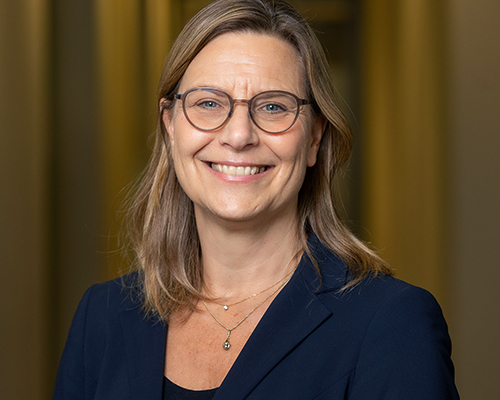
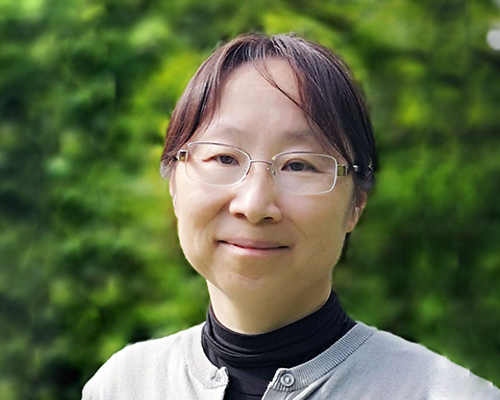
Ge Guo
Senior Research Fellow and a Principal Investigator
University of Exeter
Dr Guo is a Senior Research Fellow and a Principal Investigator at the Living System Institute, University of Exeter. She is one of the pioneers in the establishment and validation of human naïve pluripotent stem cells. In her recent research, Dr Guo discovered the trophectoderm differentiation potential of human naïve pluripotent stem cells, which led to the establishment of integrated human embryo models. Her current research is centred on understanding the regulatory mechanism of pluripotency and cell fate transition during early human embryogenesis.
Jan de Boer
Professor of Biomedical Engineering
TU/e - Eindhoven University of Technology
Jan de Boer is chair of the BioInterface Science lab at the Institute for Complex Molecular Systems and the department of Biomedical Engineering at Eindhoven University of Technology. His research is focused on understanding and implementing molecular biology in the field of tissue engineering, regenerative medicine and medical devices interface biology. His research is characterized by a holistic approach to both discovery and application, aiming at combining high throughput technologies such as the TopoChip platform, computational modeling and experimental cell biology to streamline the wealth of biological knowledge to clinical applications.
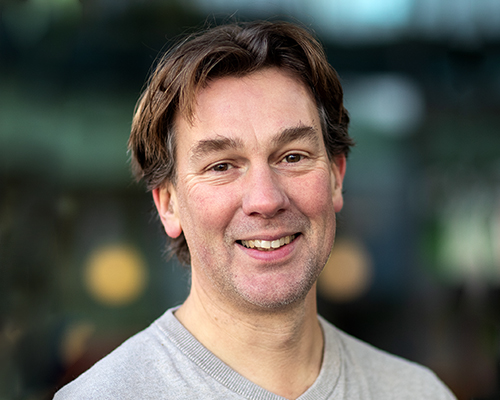
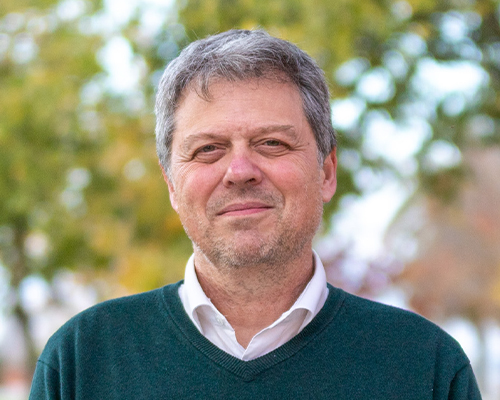
João Mano
Full Professor at the Chemistry Department
University of Aveiro
João F. Mano is a Full Professor at the Chemistry Department of University of Aveiro, Portugal, and vice-director of the Associate Laboratory CICECO – Aveiro Instituto of Materials, where he is directing the COMPASS Research Group. He has been using biomimetic and nano/micro-technology approaches to develop polymer-based biomaterials and surfaces for the creation of biomedical devices with enhanced structural and multi-functional properties. He also designs microenvironments to regulate cell behavior and organization, with the goal of clinically applying these technologies in advanced therapies and drug screening, or in the bioengineering of disease models. He serves as the Editor-in-Chief of Materials Today Bio (Elsevier).
Liesbet Geris
Professor of Biomechanics and Computational Tissue Engineering
KU Leuven and University of Liége
Liesbet Geris is professor in Biomechanics and Computational Tissue Engineering at the University of Liège and KU Leuven (Belgium). Her research focusses on the development of multi-scale and multi-physics in silico and in vitro models. Together with her team and their clinical and industrial collaborators, she uses these models to investigate the etiology of skeletal pathologies, design cell-based treatments and optimize their manufacturing processes. She has received 1 ERC starting grant and 2 ERC consolidator grants to finance her research and has won a number of young investigator and research awards. She is the executive director of the VPH Institute, advocating the use of in silico modeling in healthcare through liaising with the clinical community, European Commission and Parliament, regulatory agencies and patients. She is the coordinator of the EDITH CSA, generating the roadmap for the Virtual Human Twin. Besides her research work, she is often invited to give public lectures on the challenges of interdisciplinarity in research, women in academia and digital healthcare.
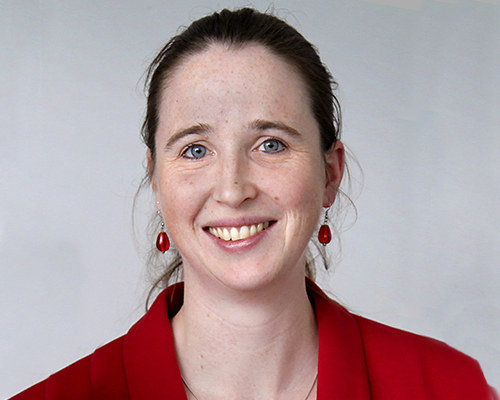
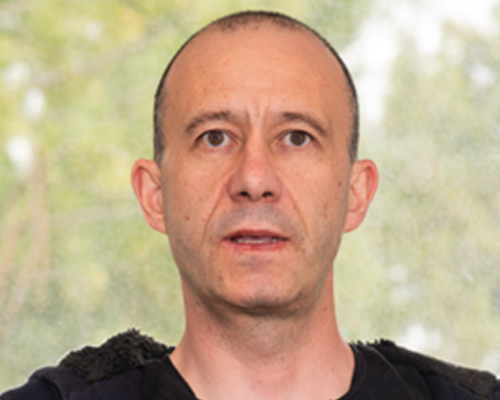
Lino Ferreira
Professor of 3D Printing and Biofabrication
University of Coimbra
Lino Ferreira is Coordinator Researcher at Faculty of Medicine, University of Coimbra, Portugal and vice-director of Associate Laboratory CIBB, the largest biomedical research lab in the center region of Portugal. His research is focus on the development of bioengineering tools to promote regeneration and reset ageing in the cardiovascular system. He holds a Ph.D. in Biotechnology from the University of Coimbra (Portugal). He did postdoctoral work at INEB (Portugal) and MIT (USA) in the areas of stem cells and nanotechnologies. He established his research group in 2008 at the University of Coimbra. In 2012, he was awarded with a prestigious European Research Council starting grant and in 2016 a prestigious ERA Chair position at the University of Coimbra.
Morgan Alexander
Professor of Biomedical Surfaces
University of Nottingham
Morgan Alexander is Professor of Biomedical Surfaces in the School of Pharmacy* at University of Nottingham. His research involves developing new biomaterials for application in healthcare whilst developing relationships between their surfaces and the biological response. Understanding these relationships is critical to the development of next generation biomaterials and it is the theme running through his work across a variety of areas spanning control of bacterial and fungal colonisation, immune cell control for implants, stem engineering cell response with applications in medical devices and cell manufacture.
He led a Wellcome Trust funded team that discovered a novel class of bacterial biofilm resistance polymers that are applied on a CE marked catheter that recently became available for patients in the NHS. EPSRC has supported the discovery of materials chemistries and topographies which control immune cell response showing promise in wound care and implants.
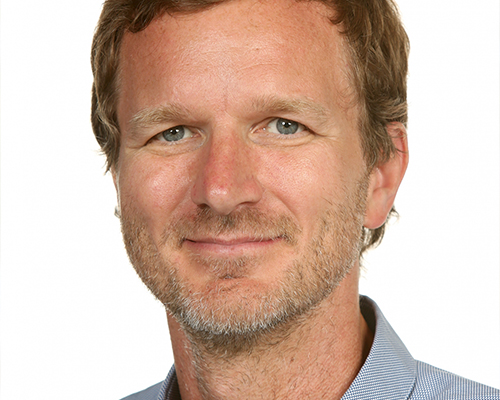
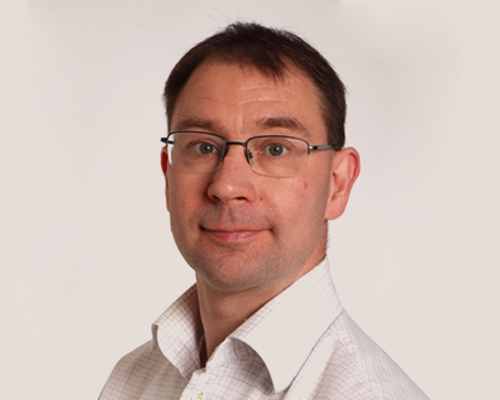
Pasi Kallio
Professor of Biomedical Sciences and Engineering
Tampere University
Professor Pasi Kallio is currently the head of Micro- and Nanosystems Research Group in the Faculty of Medicine and Health Technology at Tampere University, Finland. Since 2008, he has hold a professorship of biomedical micro- and nanodevices and he served as the Vice Dean for Research in the Faculty of Medicine and Health Technology in 2019-2023. Prof. Kallio has authored more than 170 peer-reviewed articles, has 16 patent applications and has co-founded three spin-off companies. Prof. Kallio’s research group has more 20 years of expertise on microfabrication, microfluidics, micro- and biosensors and image-based measurements. The group has developed several novel concepts for advanced microfluidic microphysiological systems with a strong focus on physoxic and hypoxic oxygen conditions in neural disorder models, ischemic heart disease and cancer.
10 Years MERLN
 Registration website for 10 Years MERLN
Registration website for 10 Years MERLN10 Years MERLNmerln-event@maastrichtuniversity.nl
10 Years MERLNmerln-event@maastrichtuniversity.nlhttps://www.aanmelder.nl/10yearsmerln
2024-10-16
2024-10-18
OfflineEventAttendanceMode
EventScheduled
10 Years MERLN10 Years MERLN0.00EUROnlineOnly2019-01-01T00:00:00Z
Maastricht UniversityMaastricht UniversityMinderbroedersberg 4-6 6211 LK Maastricht Netherlands